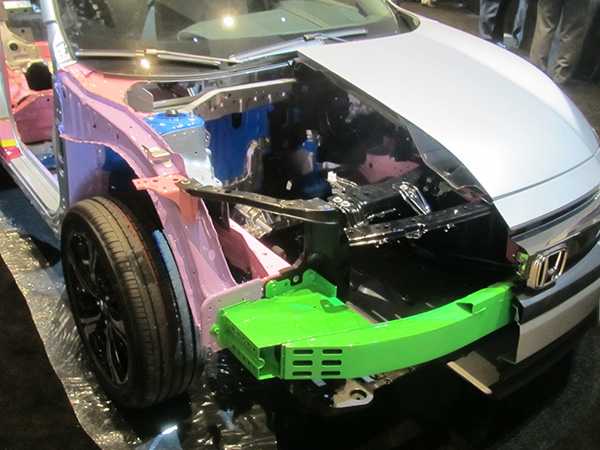Insurance And Vehicle Complexity
For years insurance companies assumed that inexpensive cars were easy to fix and did not need special attention.
The people who bought premium cars had an expectation that they would get top level repair and maintenance service. If the Mercedes Benz sanctioned repair facility told them that these parts and these procedures were needed then that was what they wanted and they let the insurance companies know that. The insurance companies knew that they could not easily fight a determined owner armed with the logic of a proper repair (and also a lawyer) and with so few of these cars on the road the additional costs of their repair could be made to fit into their business model.
Now inexpensive cars have sophisticated technology and repair requirements and there are a lot of them on the road. These cars need the same standard of repair as more expensive cars but the insurance model is not designed for Mercedes Benz level repairs on every car on the road. The long-term solution will be a revision to the insurance business model, but the short-term position is to resist the need for these repairs.
As a step in the right direction, they will pay for the right repair if the repairer shows that repair is needed. If, however, the repairer is not equipped or motivated to do the right repair the insurance company will happily pay for the lesser repair while rewarding that facility with a higher score for cost control.

